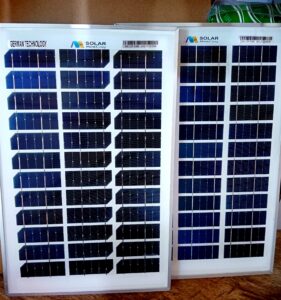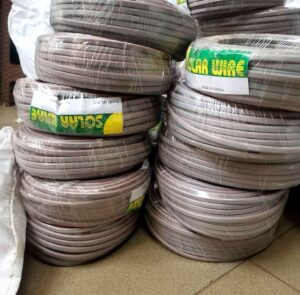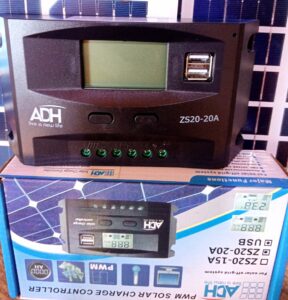With abundant sunshine throughout the year, Uganda stands as an ideal landscape for harnessing solar energy. As the country grapples with energy poverty and unreliable power grids, there lies a significant opportunity for entrepreneurs to venture into the solar industry. Starting a solar business in Uganda not only presents a lucrative opportunity but also contributes to sustainable development and energy access for all.
Understanding the Market Landscape
Before delving into the solar business realm, it’s crucial to understand the market landscape in Uganda. Despite its potential, Uganda faces energy challenges, with only about 23% of the population having access to electricity. Rural areas, in particular, suffer from limited or no access to the grid, relying instead on expensive and environmentally harmful energy sources like kerosene and diesel generators.
This energy deficit presents a vast market opportunity for solar solutions, both in urban centers and remote rural areas. Additionally, the Ugandan government has recognized the importance of renewable energy and has implemented policies to promote its adoption, providing further support for solar businesses.
Identifying Opportunities
The solar industry encompasses various opportunities for budding entrepreneurs. From manufacturing and distribution to installation and maintenance, there are numerous avenues to explore within the sector. Here are some key areas ripe for investment:
Solar Panel Manufacturing:
Establishing a solar panel manufacturing facility can help meet the growing demand for solar products locally and regionally. By producing panels domestically, entrepreneurs can reduce costs and create employment opportunities.
Distribution and Retail: Building a network for distributing solar products including,

Solar Panels. solar panels are devices that converts sunlight into electricity using photovoltaic cells, typically made of silicon.

Solar Batteries Solar batteries are rechargeable batteries that store electricity generated by solar panels for use during periods when sunlight is not available, such as at night or during cloudy weather.

Solar Cables Solar cables are specially designed electrical cables used in solar energy systems to efficiently transmit electricity generated by solar panels, with durability and safety features for outdoor use.

Solar Bulbs Solar bulbs are lighting devices powered by solar energy, utilizing photovoltaic cells to convert sunlight into electricity for illumination without grid electricity.

Solar charge controller. Solar charge controller regulates the flow of electricity from solar panels to batteries, preventing overcharging and over-discharging for optimal battery performance in solar power systems.
Solar Inverter. Solar inverters convert the direct current (DC) electricity generated by solar panels into alternating current (AC) electricity for use in homes and businesses.
are crucial for reaching customers across Uganda. Setting up retail outlets or partnering with existing retailers can facilitate product access in starting a solar business in Uganda
Installation and Services:
Offering installation services for solar systems is another viable business opportunity. These include both residential and commercial installations, along with maintenance and repair services to ensure long-term customer satisfaction.
“At ProtechUganda, under the visionary leadership of CEO Baita Derrick, we offer comprehensive installation and services, sourcing high-quality components, providing professional maintenance and repair solutions, educating clients on solar energy, assisting with regulatory compliance in starting their solar businesses in Uganda.”
Financing and Leasing:
Providing financing options or leasing arrangements for solar systems can make them more accessible to customers, especially in underserved communities. This business model allows customers to pay for solar installations over time, reducing the barrier to entry.
Navigating Challenges
While the solar industry in Uganda holds immense promise, entrepreneurs may encounter various challenges along the way. These challenges include:
Regulatory Hurdles:
Navigating regulatory frameworks and obtaining necessary permits and licenses can be complex and time-consuming. Entrepreneurs must familiarize themselves with local regulations and ensure compliance.
Access to Funding:
Securing financing for startup capital and expansion efforts can be challenging, particularly for new entrants. Exploring financing options through grants, loans, or partnerships can help overcome this hurdle.
Skills and Training:
Building a skilled workforce capable of designing, installing, and maintaining solar systems is essential for business success. Investing in training and development programs can address skill gaps and ensure high-quality service delivery.
Market Competition:
As the solar industry grows, competition among businesses intensifies. Entrepreneurs must differentiate their offerings through innovative products, superior service, or competitive pricing to stand out in the market.
Conclusion
Starting a solar business in Uganda presents a unique opportunity to drive positive change while building a profitable enterprise. By understanding the market landscape, identifying opportunities, and navigating challenges, entrepreneurs can unlock the full potential of the solar industry and contribute to a brighter, more sustainable future for Uganda.




